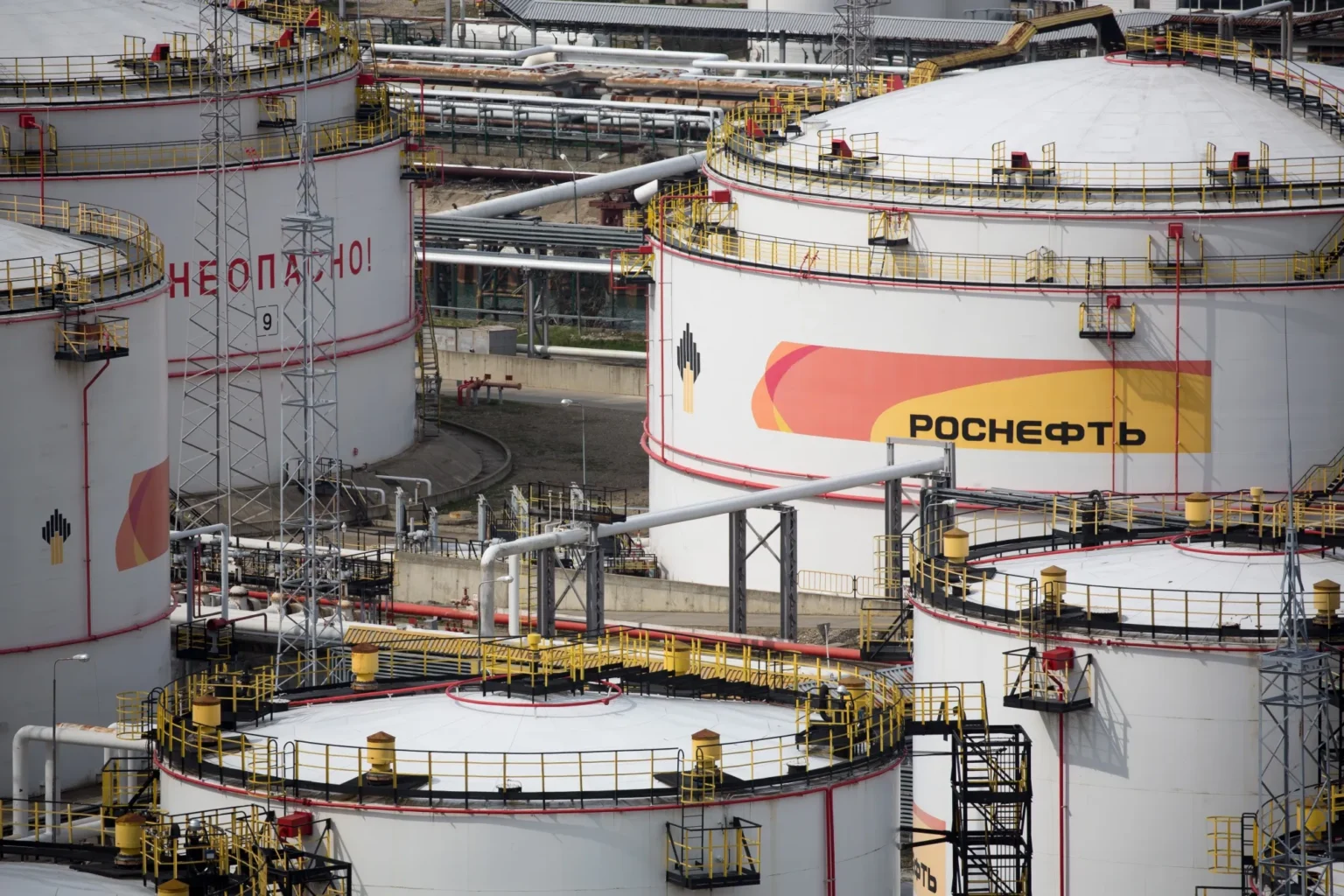WASHINGTON — The U.S. Treasury Department on October 22 announced sweeping sanctions against Rosneft and Lukoil, Russia’s two largest oil companies, signaling a sharp escalation in Washington’s pressure on Moscow to halt its war in Ukraine. Secretary of the Treasury Scott Bessent said the move aims to “degrade the Kremlin’s ability to raise revenue for its war machine” and urged Moscow to “immediately agree to a ceasefire.”
Under the sanctions, Rosneft and Lukoil are designated under Executive Order 14024, along with a number of their subsidiaries. All property and interests in property of the designated entities that are in the U.S. or controlled by U.S. persons are now blocked, and all transactions involving them are prohibited—unless otherwise authorized by a general or specific license. Treasury also issued a set of general licenses to allow certain wind-down, transitional, or limited transactions tied to pipelines and station operations outside Russia.
The timing of the announcement came just a day after a planned summit between President Donald Trump and President Vladimir Putin was canceled, with Trump later saying the meeting “didn’t feel right.” Analysts say the sanctions represent a notable shift in the administration’s approach: while previous restraint had held back direct energy-sector penalties, the decision now demonstrates growing impatience with Moscow’s lack of substantial movement toward peace.
Russia, meanwhile, responded with customary defiance, continuing military activities including a training exercise involving strategic nuclear weapons. The Kremlin has not yet officially acknowledged or publicly condemned the new sanctions.
Officials in Washington described the sanctions not as an end in themselves but as leverage: if Moscow shows movement toward a negotiated settlement, the U.S. stands ready to adjust and possibly roll back measures. Bessent warned that further actions remain on the table if Russia persists in resisting diplomatic overtures.
Across European capitals and among global energy markets, the sanctions reverberated. Oil prices climbed modestly on expectations of tighter supply, and observers are watching whether other nations will join the U.S. in targeting Russia’s energy revenues. For Kyiv, the move was welcomed as a meaningful escalation in pressure, even as uncertainty persists over whether it will help bring Moscow back to the negotiating table.





